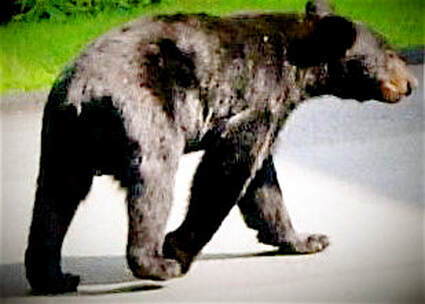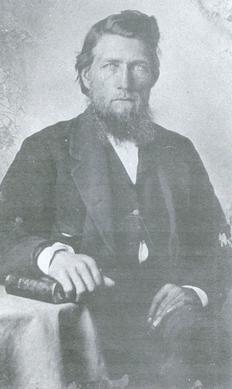|
The Rev. Joseph A. Wiggins, Methodist minister and cavalry chaplain
This particular post is specific to those called to the ordained ministry and those who love them. This is a calling that has come to the young, to the old, and those in between. Attempting to describe it seems pointless since, after almost 25 years, my words cannot do it justice. Depending on one’s denomination within the Christian tradition (as that is the tradition to which I can speak), it can involve many things: preaching, pastoral care, administering of sacraments or ordinances, teaching, counseling (something many clergy need to steer clear of, for everyone’s sake), management of budgets, and more. If you are called to the ordained ministry, I want to encourage you. I encourage you because the party line by higher-ups is often that of discouragement. If God is in fact the One Who called you, then God likely knows what God is doing and the Spirit’s opinion trumps those of your detractors. What’s that you say? You don’t think you have any detractors? Trust me, you will. See, one of the many mysteries of this subsection of the greater world is that the emotional, psychological, spiritual, and sometimes physical toll is and always has been high for those ordained to the ministry. If you don’t tick someone off from time to time during the course of your ministry, you are doing something wrong. The stress can be tremendous. Despite this, I cannot think of anything more important than sharing the sacred space of God's love with others. My 2nd great-grandfather, Rev. Joseph A. Wiggins, was a circuit-riding Methodist minister and cavalry chaplain. According to his obituary (seriously!), he annoyed a great many in his efforts to promulgate the Gospel. Now, I’m sure Grandpa Joe and I are (I have a perpetual relationship with my ancestors, so I use the present tense to mark our relationship) at odds in our respective theologies, but regardless of where one rests on the theological spectrum, giving so much of self for others can be brutal work. Yet, most who have been in it for any length of time would tell you it has been worth it. The call to be “Separate Yet Equal” is sometimes described as being “set apart for the specific work of the ministry.” The comprehension of it by the clergyperson’s constituency varies. In some denominational life and thought, holy orders can represent a very separate and, unfortunately, unequal existence for the ordained. This is usually marked by an ordination service where a bishop, representing a direct line of bishops going back to Jesus Christ, lays hands on the candidate. In others, the service is considered a special service, yes, but no special authority (such as intercessor between God and the people) is conveyed upon the candidate for his or her role except that of preacher, caregiver, and one who administers the ordinances or sacraments. Of course, in most Protestant denominations, expectations of what the ordained ministry is varies from congregant to congregant, and therein lies much of the conflict that takes place in the ministry. If you are called in this sense, I won’t try to talk you out of it, simply because it is not my place (nor anyone else’s) to do so. I will suggest, however, that you keep your eyes open, for as Sheriff Andy said to his son, Opie, “Then if ya have any trouble closing them, why, your opponent will close ‘em for ya.” Do people really want to be helped? I have wrestled with that question for many years. Do people wish to be helped as a whole, I still don’t know. You will encounter the occasional individual, though, that does want help, and it is for him or her that you will be ordained, and it will have been worth every hoop you will invariably have to jump through. God bless you.
0 Comments
Leave a Reply. |
Yona Ambles"YOH-nuh" (yonv) means "bear" in Cherokee. Thanks for visiting! Archives
January 2024
|


 RSS Feed
RSS Feed
